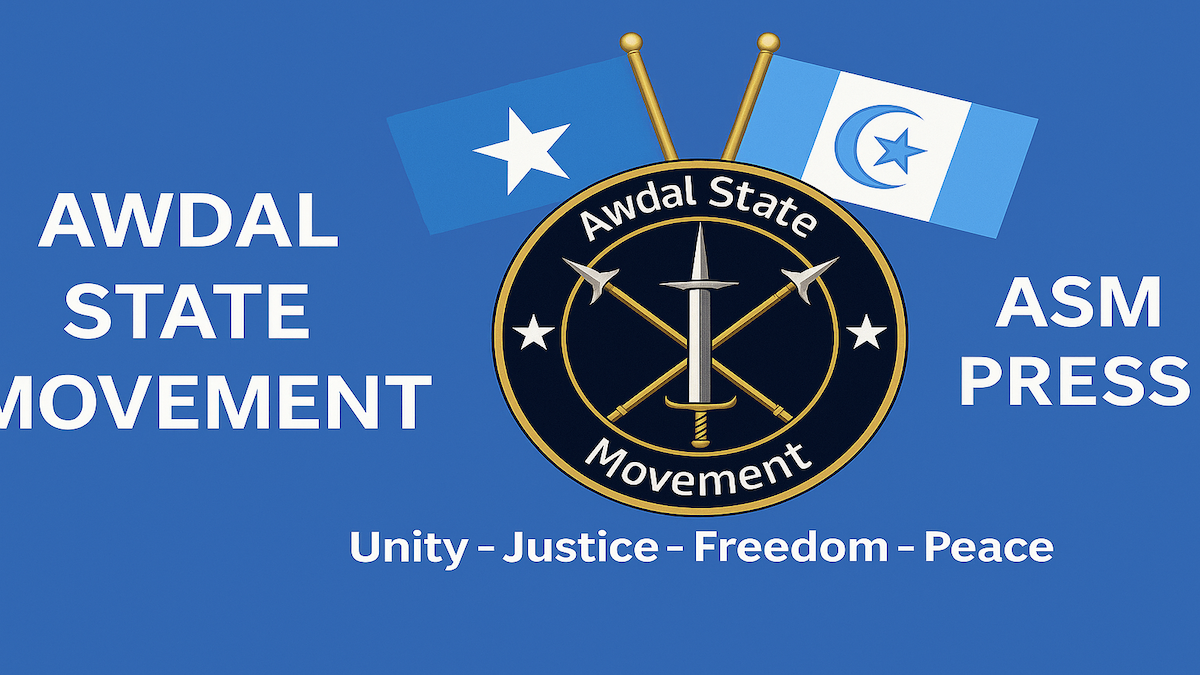Ayrotv.com- Somalia’s prolonged civil war has left a significant vacuum in governance, enabling corrupt individuals to seize power and perpetuate a cycle of instability. This situation can be traced back to the silence and disunity among Somali intellectuals and a lack of cohesive nationalism. The absence of a unified vision has allowed regional leaders to misinterpret the federal system, leading to a dangerous precedent for ethnic and regional claims to sovereignty.
A- Misunderstanding Federalism and Regional Leadership
The federal system in Somalia, intended to promote local governance and autonomy, has been exploited by regional state leaders who proclaim themselves as “presidents.” This claim undermines the very fabric of national unity and fosters an environment where tribal and ethnic identities take precedence over national identity. Such fragmentation poses a dire risk, not only to Somalia but also to the broader African continent, as it sets a dangerous example where any regional or tribal group could assert sovereignty over their territories.
One of the most concerning recent developments is the Memorandum of Understanding (MoU) between the self-declared state of Somaliland and Ethiopia. Ethiopia’s consistent violations of its neighbours’ borders and disregard for international law have raised alarm bells. The collaboration between these two entities signifies a troubling alignment that threatens the territorial integrity of Somalia.
B- The Role of Isaaq Leaders and the Awdal Region
Critics have placed blame on Mr. Muse Bihi, the governor of Somaliland, for his controversial decisions. However, a more alarming revelation has emerged: the complicity of Isaaq leaders across the political spectrum, including those in the opposition party WADANI. Their willingness to engage in discussions that could lead to the annexation of Awdal’s land and sea by Ethiopia highlights a collective agenda that undermines the rights of the Awdal people.
The Addis Standard recent interview with Mohamed Abdillahi Omar, a WADANI opposition leader, has confirmed ongoing talks regarding the MoU, further solidifying suspicions that Isaaq leaders are conspiring against the interests of the Awdal region. This revelation should serve as a wake-up call for the people of Awdal and the Somali populace at large.

C- A Call to Action
It is imperative for the Awdal people and all Somalis to recognize the tribal regime in Hargeisa as a detrimental force within Somali society. The historical insights of figures like Sayid Mohamed Abdullah Hassan, who warned against the Isaaq tribe and their alignment with somali enemies, resonate profoundly today. The Awdal people must reject the influence of these so-called politicians and intellectuals who prioritize their ethnic agendas over the collective good of Somalia.
Awdal’s people should stand firm in defending their region and uphold the sovereignty and territorial integrity of Somalia. Respect for Ethiopia’s territory should be mutual, contingent upon Ethiopia’s respect for Somalia’s national sovereignty.
The people of Awdal hereby declare that the Awdal region does not belong to the regime in Hargeisa or any other external authority. Awdal is the rightful home of its people, who have defended this region and the Gulf of Aden for centuries (ADAL EMPIRE).
The people of Awdal reject any claims by Muse Bihi and his tribal regime to negotiate or give away our territory. The sovereignty of Awdal belongs solely to its inhabitants, and we stand united in our commitment to protect our land.
The people are ready to defend every inch of Awdal and will not allow it to be taken from us. Our heritage, our rights, and our future are inextricably linked to this land, and we will fiercely uphold its integrity against any encroachment.
In conclusion, the path to a stable and unified Somalia lies in the hands of its people.
By: Prof. Askar









